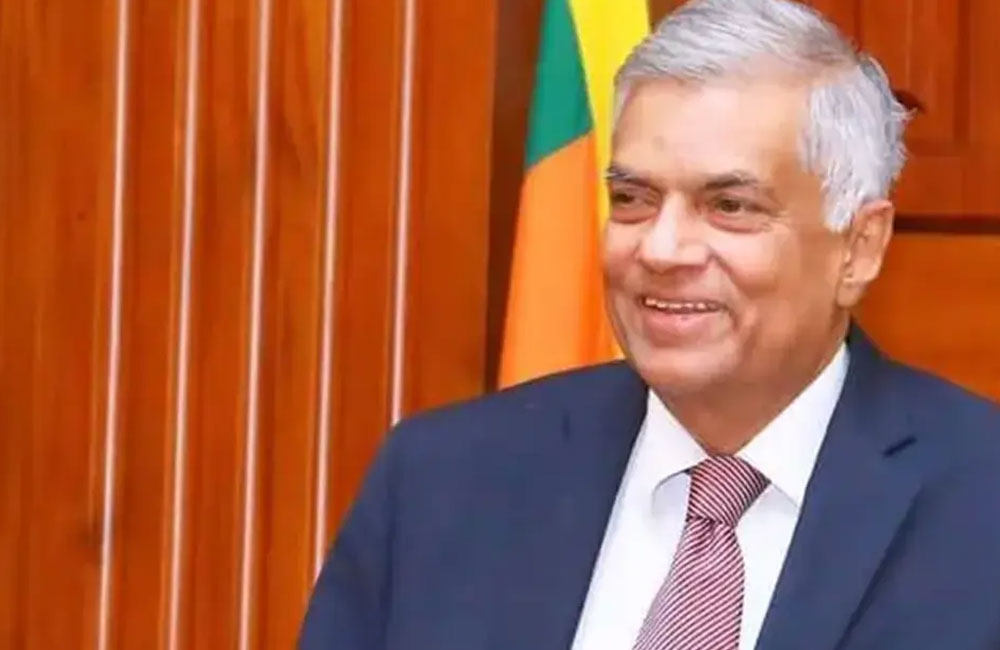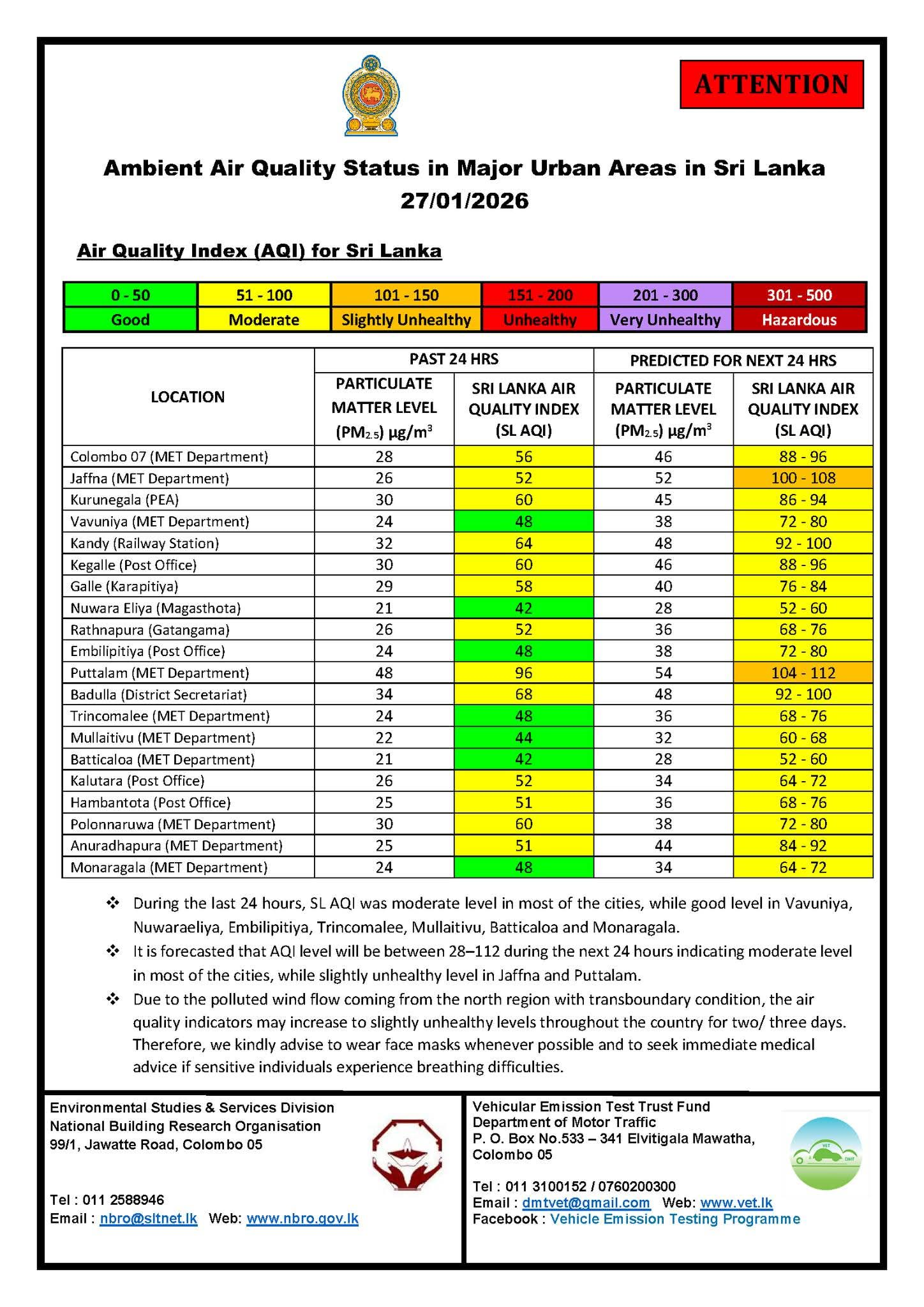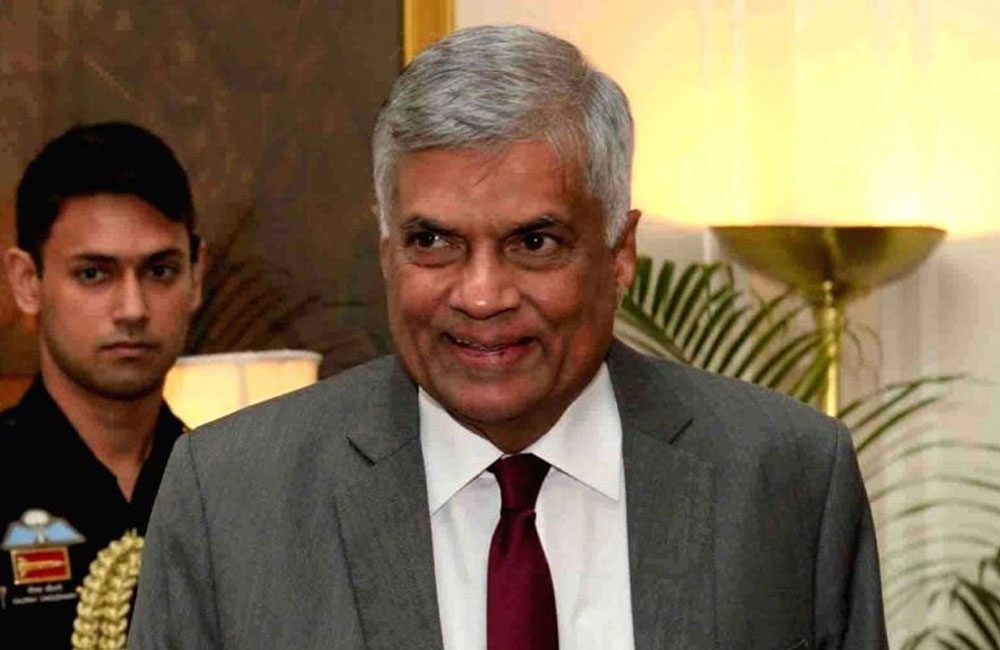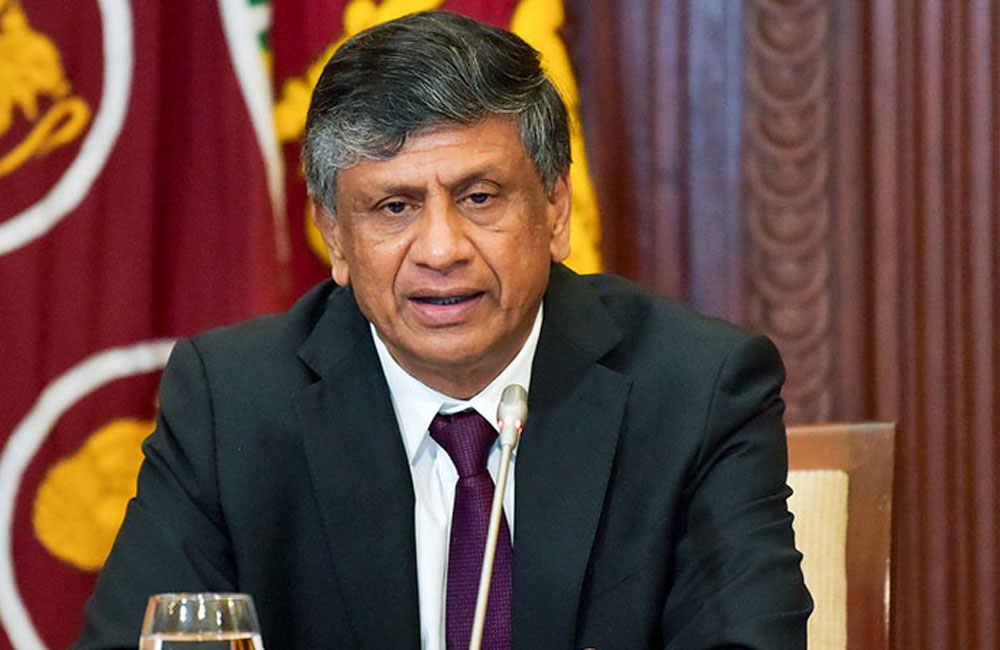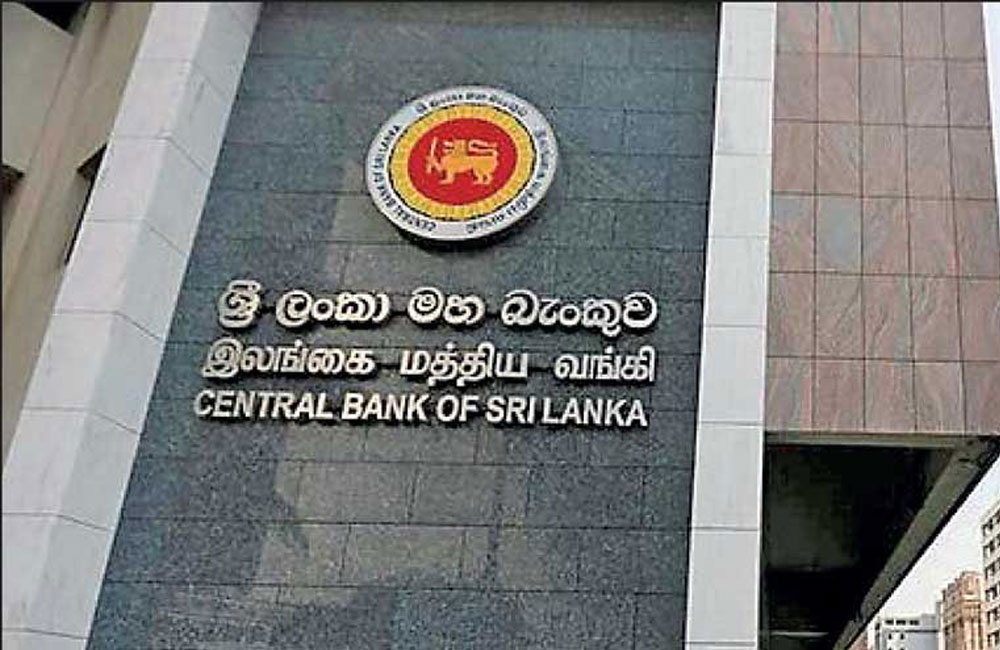The International Monetary Fund (IMF) has completed its recent mission to Sri Lanka, which focused on assessing the economic impact of Cyclone Ditwah and engaging in discussions with national authorities.
The IMF team, which arrived on January 22, held meetings with President Anura Kumara Dissanayake, Prime Minister Harini Amarasuriya, Deputy Minister of Labour, Finance and Planning Anil Jayantha Fernando, Central Bank Governor Dr. Nandalal Weerasinghe, Treasury Secretary Harshana Suriyapperuma, Senior Presidential Economic Advisor Duminda Hulangamuwa, along with other senior government and Central Bank officials.
During the visit, the delegation also consulted with representatives from state institutions, the private sector, civil society organisations and other key stakeholders to evaluate the broader economic and social consequences of the cyclone.
IMF Mission Chief for Sri Lanka Evan Papageorgiou said the discussions covered damage to infrastructure and livelihoods, policy responses to natural disasters, monetary policy developments, and financial system stability. The team also exchanged views with authorities on medium-term policy priorities, financing requirements, and available IMF assistance under the Extended Fund Facility (EFF) to support recovery and reconstruction efforts.
Papageorgiou noted the government’s commitment to preserving recent gains in debt sustainability and financial stability, improving public investment management, reprioritising development projects, and strengthening social protection mechanisms.
The IMF said a follow-up mission is expected in the near future to continue policy-level discussions as part of the fifth review of Sri Lanka’s EFF programme. The Fund reiterated its readiness to assist Sri Lanka in maintaining macroeconomic stability, enhancing economic resilience, and fostering sustainable long-term growth.

